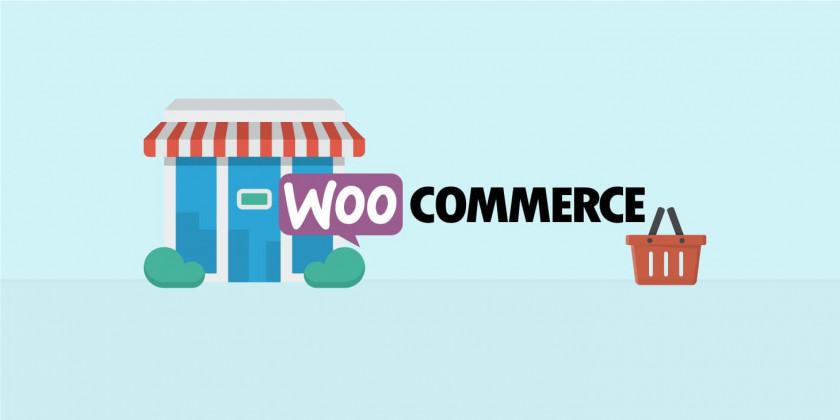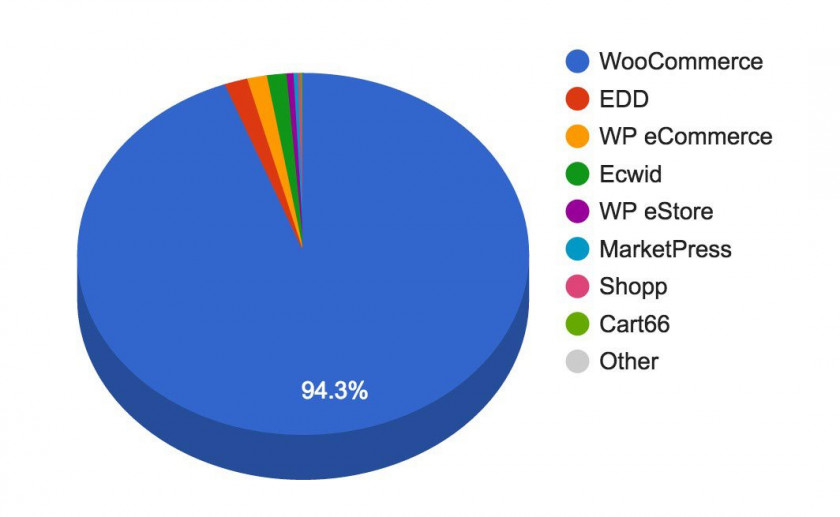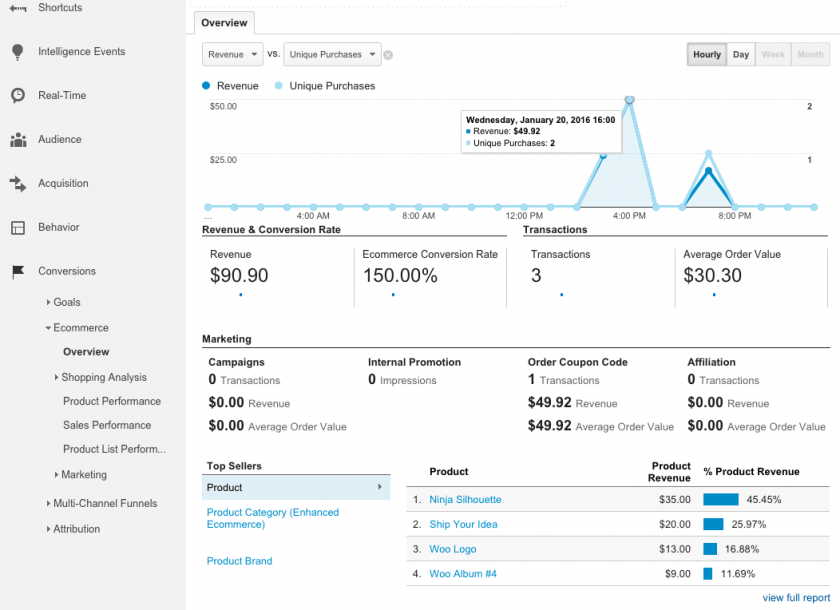Just like WordPress itself, WooCommerce also has a vast library of pre-made themes. While they may be interesting to start with and see what the platform is all about, only a custom solution will give you exactly what you need – provided you actually mapped out your needs and wants.
Long story short: WooCommerce is great technically, but still needs to be developed and designed. Just like any other website.
WooCommerce, WordPress, and SEO. The Trinity
This blog is WordPress-based. We love WordPress at Insane Lab: our devs like it, our designers like it, and our content producers like it.
Also, our SEO consultants are fond of it, too. WordPress still is the best platform for SEO and blogging. Fortunately, WooCommerce is just as Google-friendly.
You will surely need specialized help to make the platform as SEO-oriented as possible, but the end result will pay off. Within the e-commerce space, visibility is everything. Quick tip: using Yoast SEO is a good start. Using Yoast WooCommerce SEO – an even better start.
Built-in analytics
Analytics are crucial for any website owner and particularly an e-commerce website owner.
WooCommerce has built-in analytics tools that allow you to derive usable information from a large number of statistics. This is what allows the SEO functionality of WordPress websites to be superior as website owners have access to every little snippet of information about their website.
It is very easy to access this information and you can clearly see figures such as the total sales, weekly sales, sales by hour, average order totals, sales by specific time periods, and an incredible number of individual customer stats.
What’s more, through certain extensions WooCommerce allows you to build your own databases for promotions and marketing campaigns. It’s also updated often, adhering to WordPress best practices and coding standards.



